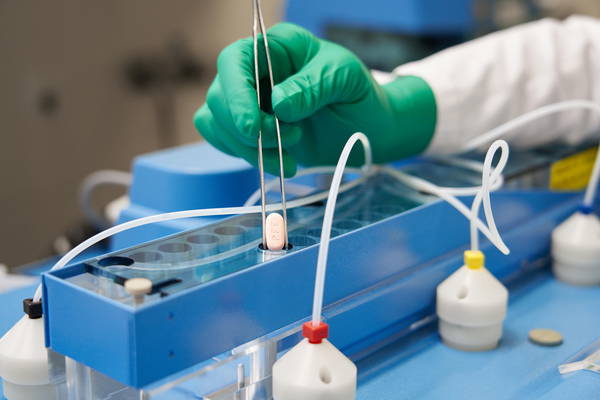Health systems in CEE 'at a turning point': study
Necessary to increase spending, evaluate role of private sector
14 December, 18:01The study identifies several issues to address and makes recommendations for "closing the gap with Western Europe," according to the report. The study claims, in particular, that it is now necessary to recognize that "increasing spending on healthcare" could lead to an increase in "economic growth and lead to a more cost-effective health system in the future." Furthermore, decision-makers should "explore alternative methods of raising revenues and evaluate where and how the private sector can play a role." Among the main goals there is also the development of a "health system centred on primary and community care," investing also in digital infrastructure, data governance and committing to improve access to innovative medicines.
"Based on our observations and experiences, there are two priorities: investing in so-called primary health care, strengthening the first line of assistance and contact with citizens, who are among the most overwhelmed by the pandemic's outbreak, and investing in digital healthcare," said Gian Matteo Apuzzo, focal point for health strategies and emergencies response at the Central European Initiative (CEI) and one of the study's leading experts. One of the goals "is to strengthen the skills of health professionals and to improve accessibility to care and treatments," Apuzzo noted. (ANSA).














